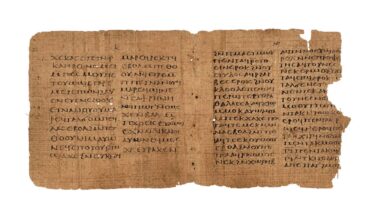Born on 22 September 1956, Elie Hobeika was a Lebanese Forces militia commander during the Lebanese Civil War, and a former Lebanese MP. In his youth, Hobeika became a member of the Kataeb Party before joining the Lebanese Forces.
In 1979, he was promoted to position of security chief of the Lebanese Forces, during which time he was accused of involvement in the Sabra and Shatila massacres in 1982. Three years later, in coordination with Samir Geagea, he forced the resignation of the then commander of the Lebanese Forces, Fuad Abu Nadir. One year after that, Geagea led a coup which removed Hobeika from his command post of the Lebanese Forces. He justified the coup under the pretense that Hobeika signed the Tripartite Accord with Nabih Berri and Walid Jumblat in Damascus.
Hobeika fled to Zahle in eastern Lebanon and then to West Beirut where he established a political movement that came to be known later as the Waad Party. As head of this party, he was elected to parliament in 1992 and 1996, only to lose his seat in 2000.
During this time, Hobeika held several ministerial positions, including Minister of State for Emigrants’ Affairs (May 1992-October 1992); Minister of State for Social Affairs and the Handicapped (October 1992-September 1994); and Minister of Water Resources and Electricity (June 1993-December 1998).
Elie Hobeika was assassinated on 24 January 2002 when a car bomb exploded close to his home in Beirut. Israel was accused of carrying out the assassination since Hobeika had recently announced he had evidence acquitting him of involvement in the Sabra and Shatila massacre–evidence that some say would have incriminated former Israeli MP Ariel Sharon.
Translated from the Arabic Edition.




